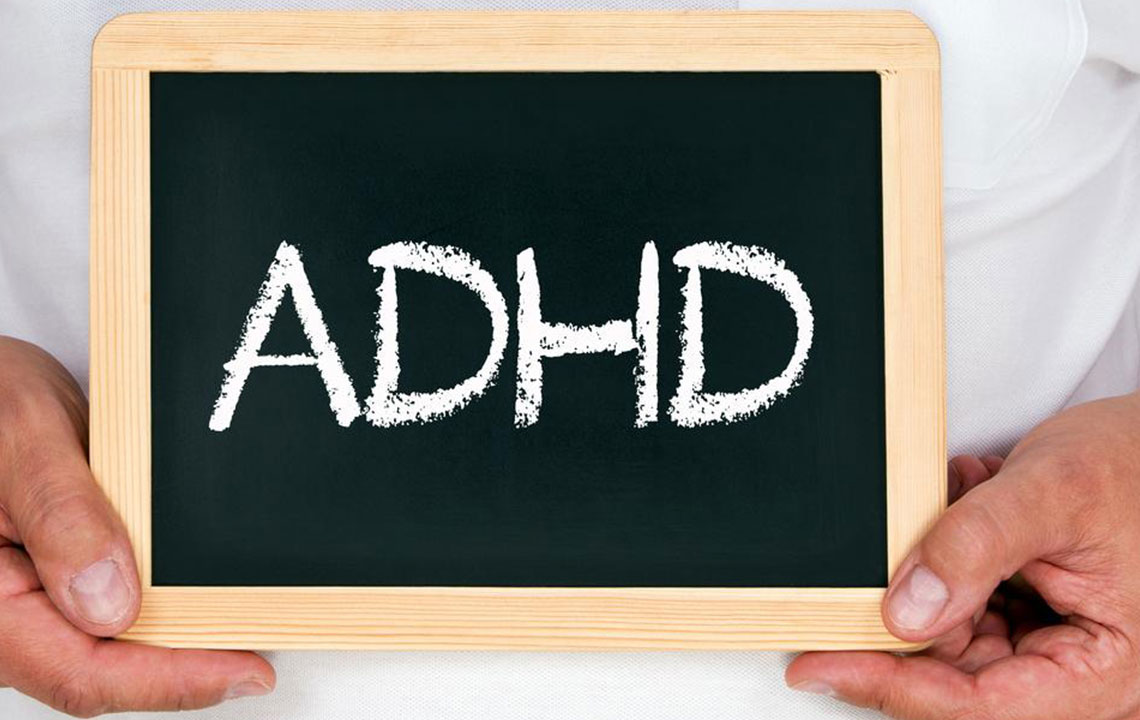Comprehensive Guide to Recognizing and Managing Adult ADHD Symptoms and Treatments
This comprehensive guide explores adult ADHD, covering symptoms, diagnosis, and management strategies. It emphasizes personalized treatment approaches combining medication, therapy, and lifestyle modifications to enhance daily functioning. Recognizing the signs early and seeking professional help can significantly improve quality of life for adults living with ADHD. The article highlights the importance of support systems and workplace accommodations for effective management and sustained success.

Understanding and Addressing Attention Deficit Hyperactivity Disorder in Adults
Adult attention deficit hyperactivity disorder (ADHD) is a neurodevelopmental condition that many people are unaware they have until later in life. While often associated with children, ADHD can persist into adulthood, affecting various aspects of daily life. The ability to focus, complete tasks, and maintain organization are often compromised in adults with ADHD. Recognizing the signs and understanding the available management strategies are crucial steps toward improving quality of life for those affected.
Research indicates that approximately 60% of children diagnosed with ADHD continue to experience symptoms into their adult years. This persistence underscores the importance of early recognition and ongoing management. Adult ADHD can manifest through a combination of emotional, behavioral, and cognitive challenges that significantly impact personal, social, and professional life. Effective diagnosis and treatment can help individuals navigate these hurdles more successfully.
Common Signs and Symptoms of Adult ADHD
Understanding the typical indicators of adult ADHD helps in early detection and intervention. The symptoms can vary widely among individuals but generally include:
Difficulty following instructions: Adults may find it challenging to adhere to directions, especially when they involve multiple steps.
Problems maintaining focus: Sustaining attention during conversations, meetings, or while working on tasks can be problematic.
Forgetfulness: Forgetting appointments, deadlines, or important dates is common.
Poor organizational skills: Struggling to keep personal or workspaces organized, leading to clutter and inefficiency.
Procrastination and failure to complete tasks: Tasks may be started but rarely finished on time, resulting in stress and missed opportunities.
These symptoms can also manifest as feelings of frustration, embarrassment, or anxiety, contributing to emotional distress. Recognizing these signs is vital for seeking appropriate help and support.
The Impact of Adult ADHD on Daily Life
ADHD does not solely influence attention; it can also impair decision-making, impulse control, and emotional stability. Adults with ADHD often face co-occurring mental health issues such as anxiety disorders, depression, mood swings, low self-esteem, and an increased risk of substance abuse. These comorbidities can complicate diagnosis and treatment, making individualized management plans essential.
Social interactions may also be affected. While some adults adapt easily and maintain healthy relationships, others may withdraw or experience difficulties in building and sustaining connections. The variability in symptoms underscores the need for personalized approaches in treatment and management.
Current Approaches to Adult ADHD Management
Although there is presently no cure for ADHD, a combination of medication, therapy, and lifestyle modifications can significantly improve daily functioning. The primary goal of treatment is symptom control to enhance productivity and overall well-being.
Medical Treatments:
Medications: The most common medications are stimulants (such as methylphenidate and amphetamines) and non-stimulants (like atomoxetine). Non-stimulants are often preferred due to their lower addiction potential and fewer side effects. Medication should always be prescribed and monitored by a healthcare professional to ensure safety and efficacy.
Therapy Options:
Cognitive-Behavioral Therapy (CBT): This helps individuals develop coping mechanisms, address negative thought patterns, and improve self-esteem.
Stress Management and Relaxation Techniques: Teaching relaxation exercises, mindfulness, and stress-reduction strategies can lessen anxiety and emotional highs and lows.
Coaching and Mentoring: Personal coaching can improve organizational skills, goal setting, and time management, fostering independence.
Life Skills Training: Focused on developing routines, prioritization, and hobbies to promote engagement and focus.
Family education and support groups are also valuable for creating a supportive environment, understanding the condition, and sharing strategies.
Strategies for Self-Management and Support
Adult individuals with ADHD can adopt various strategies to mitigate symptoms and enhance their lives. Prioritizing organization, establishing routines, and utilizing tools like planners or reminder apps can make significant differences. Regular exercise, healthy diet, and adequate sleep are foundational aspects of managing ADHD symptoms. Furthermore, building a support network of family, friends, or support groups offers emotional reinforcement and practical assistance.
It is also essential for workplaces and educational institutions to recognize adult ADHD and provide accommodations, such as flexible work hours, quiet workspaces, or additional time for tasks and exams. Advocacy and awareness efforts help reduce stigma and promote understanding of the condition.
In conclusion, recognizing adult ADHD is crucial for effective management. By understanding the signs and implementing personalized treatment plans that include medication, therapy, and lifestyle adjustments, adults with ADHD can lead productive, satisfying lives. Ongoing research continues to improve our understanding and treatment options, bringing hope to millions of adults navigating this neurodevelopmental disorder.





